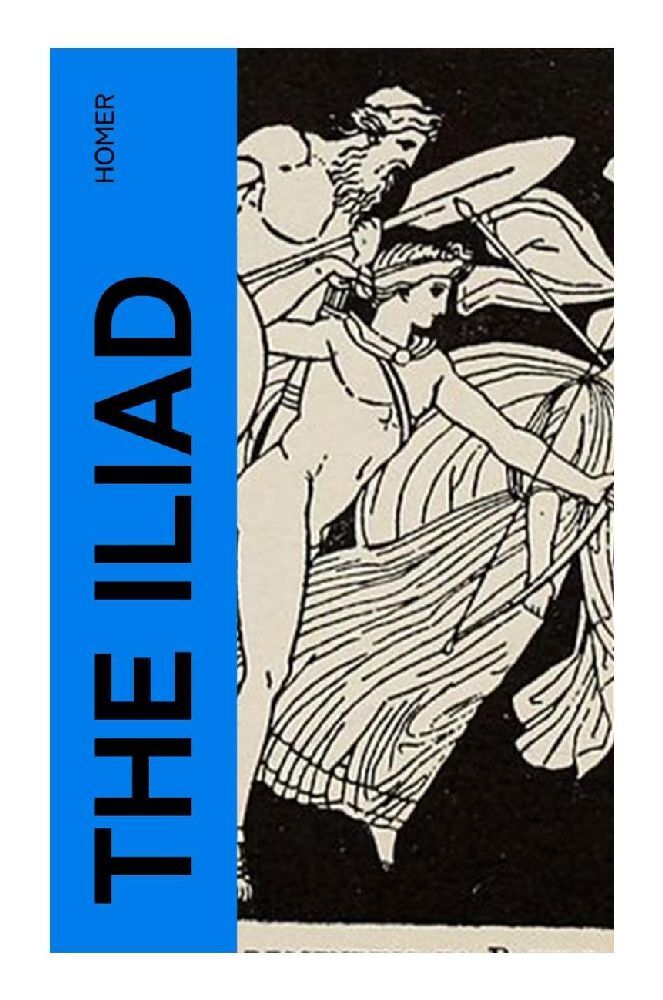
Zustellung: Mo, 02.12. - Mi, 04.12.
Versand in 4 Tagen
VersandkostenfreiBestellen & in Filiale abholen:
The Iliad, attributed to the ancient Greek poet Homer, is a monumental epic poem that explores the themes of heroism, honor, and the devastations of war against the backdrop of the Trojan War. Written in dactylic hexameter, this foundational text of Western literature employs vivid imagery, rich symbolism, and complex characterizations to convey the emotional weight of its narrative. The poem presents a sophisticated interplay of divine intervention and human action, illustrating the moral ambiguities and tragic sizes of conflict, as seen through key figures like Achilles and Hector. Obtaining an understanding of the sociopolitical landscape of ancient Greece enriches the reader's experience of this timeless work. Homer, a pivotal figure in literary history, is believed to have lived around the 8th century BCE. Little is known about his personal life, leading to various theories regarding his origins and the method of composition. His works are often regarded as a synthesis of oral tradition, reflecting the values and beliefs of a society shaped profoundly by warfare and heroism, which undoubtedly informed the creation of The Iliad. This book is essential for readers seeking to understand the origins of epic storytelling and the human condition in the face of adversity. Its exploration of philosophical questions and the human psyche makes The Iliad remarkably relevant today. As a cornerstone of classical literature, it invites readers into a world where glory and destruction coalesce, offering invaluable insights into both the past and the present.
Produktdetails
Sprache
englisch
Seitenanzahl
200
Autor/Autorin
Homer
Verlag/Hersteller
Produktart
kartoniert
Gewicht
279 g
Größe (L/B/H)
10/152/229 mm
ISBN
9788027383290
Bewertungen
0 Bewertungen
Es wurden noch keine Bewertungen abgegeben. Schreiben Sie die erste Bewertung zu "The Iliad" und helfen Sie damit anderen bei der Kaufentscheidung.









